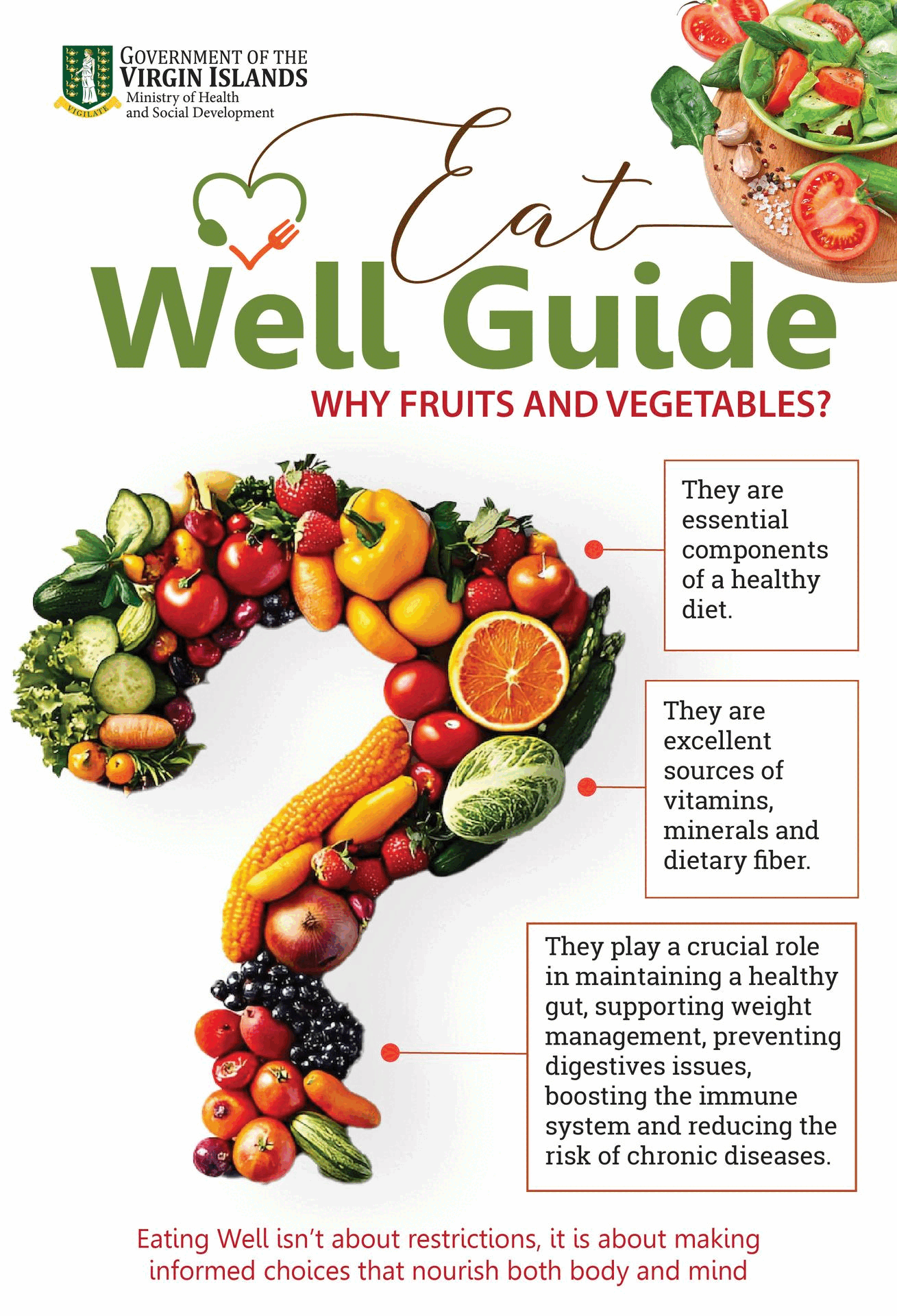World-first gonorrhoea vaccine launched as infections soar
England will be the first country in the world to start vaccinating people against the sexually transmitted infection gonorrhoea.
It will not be available for everyone. The focus will mainly be on gay and bisexual men with a history of multiple sexual partners or an STI.
The vaccine is 30-40% effective, but NHS England hopes it will reverse soaring numbers of infections.
There were more than 85,000 cases in 2023 – the highest since records began in 1918.
Gonorrhoea does not always have symptoms, but they can include pain, unusual discharge, inflammation of the genitals and infertility.
How many people will choose to be immunised is uncertain.
But projections by Imperial College London show that if the jab proves popular then it could prevent 100,000 cases and save the NHS nearly £8m over the next decade.
Max, a sexual health campaigner, told BBC Newsbeat he would "100%" take the vaccine after being diagnosed with gonorrhoea twice within a year.
"I think this is great that it's been announced", he says, adding: "It's going to take the pressure off the clinics, it's just a big win all round."
Vaccination will start in August and will be offered through sexual health services.
Public Health Scotland said it was also working on plans to launch its own programme for high-risk individuals.
Northern Ireland's Department of Health said the issue is being considered, with an announcement expected shortly.
BBC Newsbeat has also asked health leaders in Wales whether they intend to do the same.
Is it effective enough?
This vaccine wasn't designed for gonorrhoea. It's the meningitis B vaccine currently given to babies.
But the bacteria that cause the two diseases are so closely related that the MenB jab appears to cut gonorrhoea cases by around a third.
That will require a delicate conversation in sexual health clinics as the vaccine will not eliminate the risk of catching gonorrhoea. It is normally caught while having sex without a condom.
But Prof Andrew Pollard, the chair of the Joint Committee on Vaccination and Immunisation (JCVI), which recommended the vaccine, said despite it only being 30% effective, it was "worth having" and could have "a huge impact" overall.
The decision is not just about the record numbers of cases. Gonorrhoea is becoming increasingly difficult to treat.
Most cases are treated with a single dose of antibiotics, but there is an 80-year history of the bacterium which causes gonorrhoea repeatedly evolving resistance to our antibiotics.
It's happening to the current treatments too and is why some doctors are concerned gonorrhoea could one-day become untreatable.





















.png)




















Leave a Reply